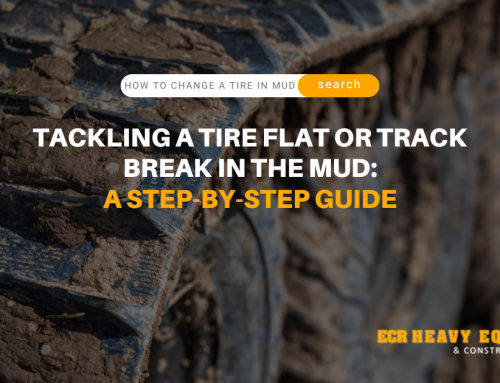To keep fuel, oil, and hydraulic fluids clean as they move through your machine’s systems, filters are placed throughout. From fuel and engine oil to transmission and hydraulic fuel filters, they play an important role in keeping your machine running properly.
As oil, fuel, and hydraulic fluids flow through your equipment, they pick up small particles from component wear and tear. Without clean filters, these particles can cause tremendous damage to the inner workings of your vehicle. Using the right filters, and changing them regularly, is an easy way to extend the life, and improve the performance of your machine.
A filter should capture particles and contaminants effectively between changes. If you wait too long between changes, damage may occur.
There are a few things to consider when buying a new filter for your machine;
What it’s made of. The material, or media, that the filter is made of, will be put under a lot of stress during its lifetime. The material needs to be strong enough to last between changes. While the cost of filters is a small part of your vehicle’s upkeep, purchasing one made of the best material possible helps you lower that cost further.
Capacity. A filter needs to be constructed so that it can stop particles and contaminants from going through the inside of your machine but also doesn’t become clogged by the fluid flowing through. Inadequate capacity in a filter will end up causing more harm than good.
Housing. The filter housing, or canister, needs to be built of a solid material ensuring that it doesn’t collapse under high pressure, such as what is common inside an engine. A filter built of a weaker material could collapse, causing unfiltered fluids to flow through your machine.
At the end of the day, there are many parts, large and small, that keep your engine running smoothly. By ensuring that filters are changed regularly, and high-quality components are used, you can help extend the life of your machine.








